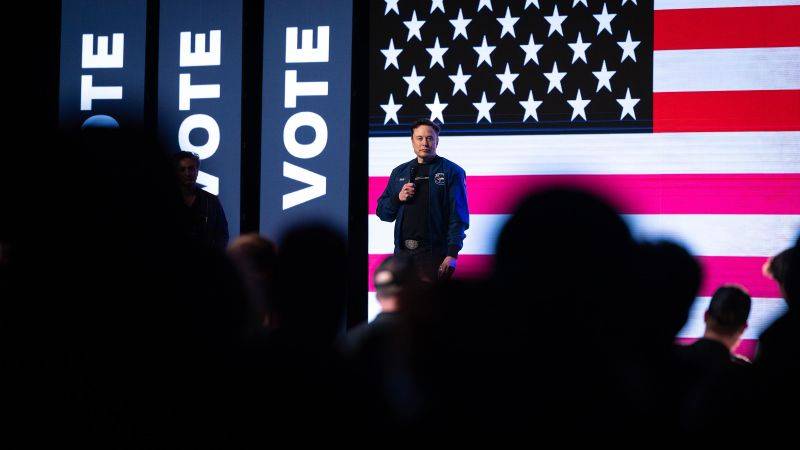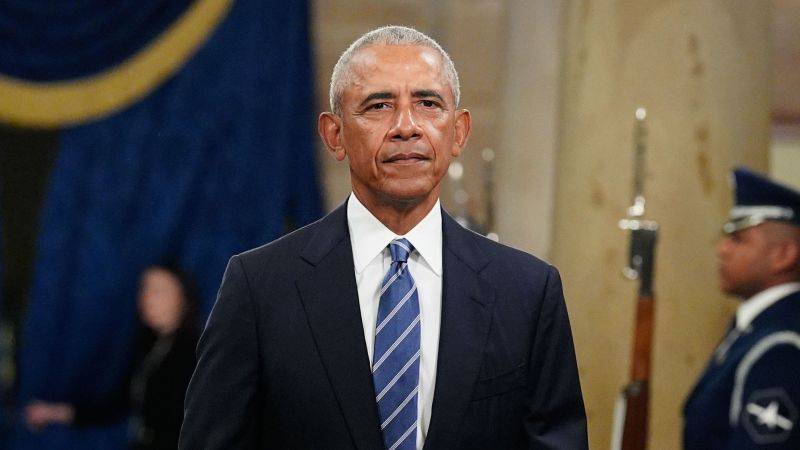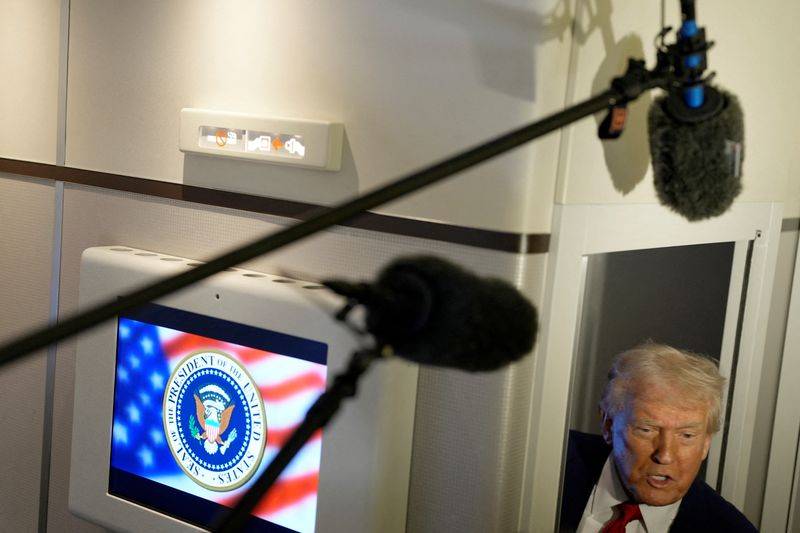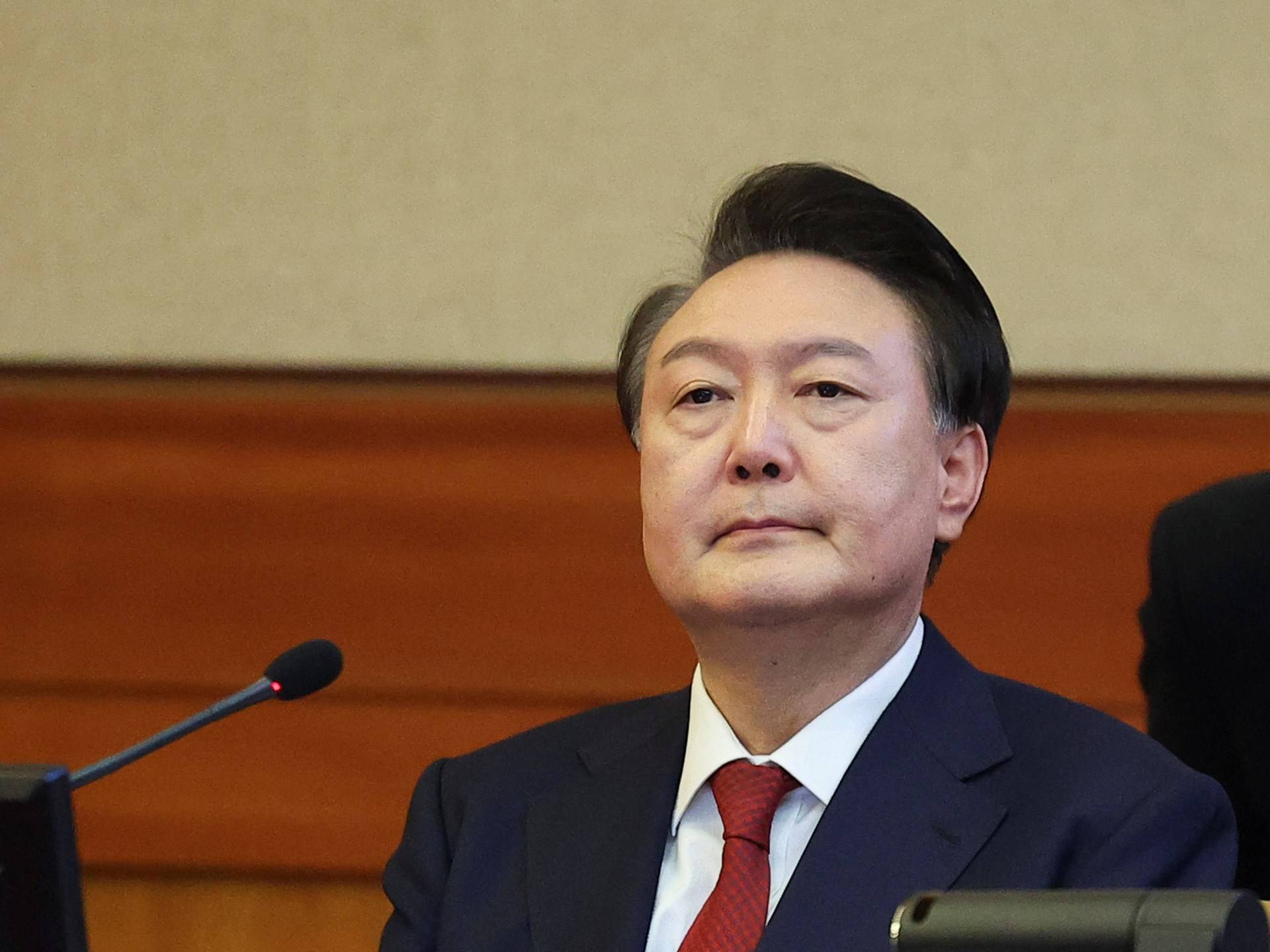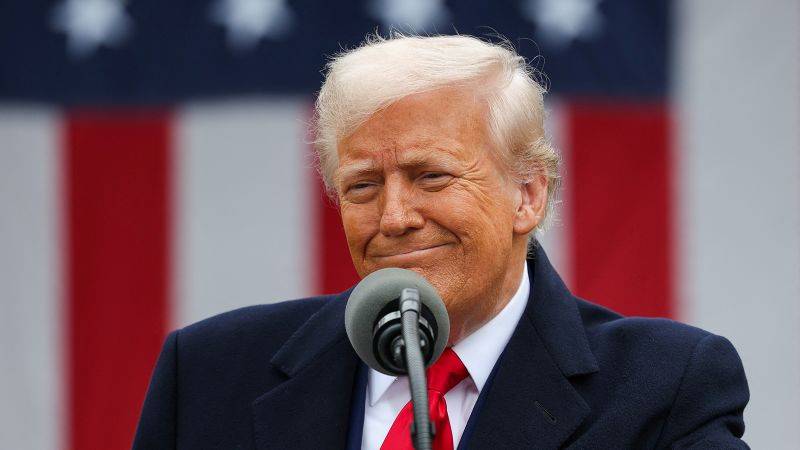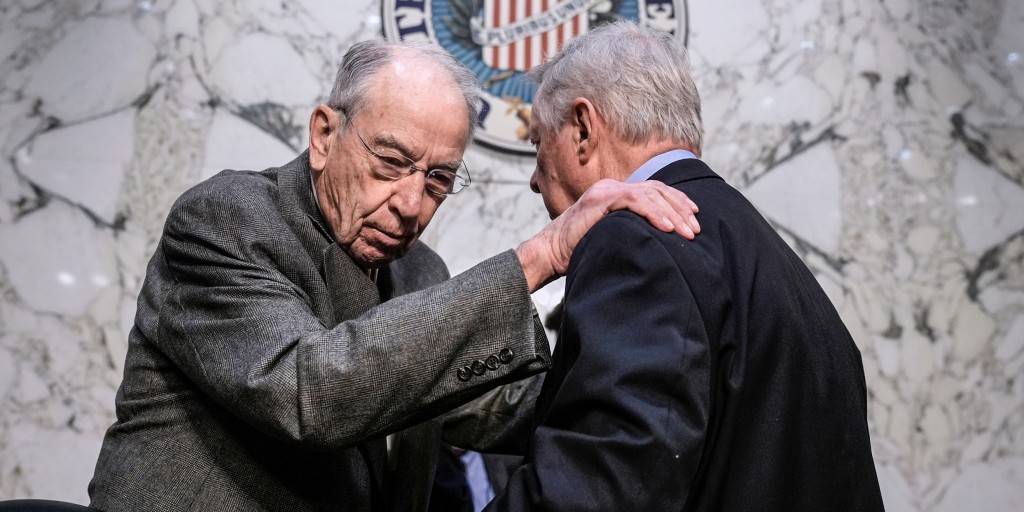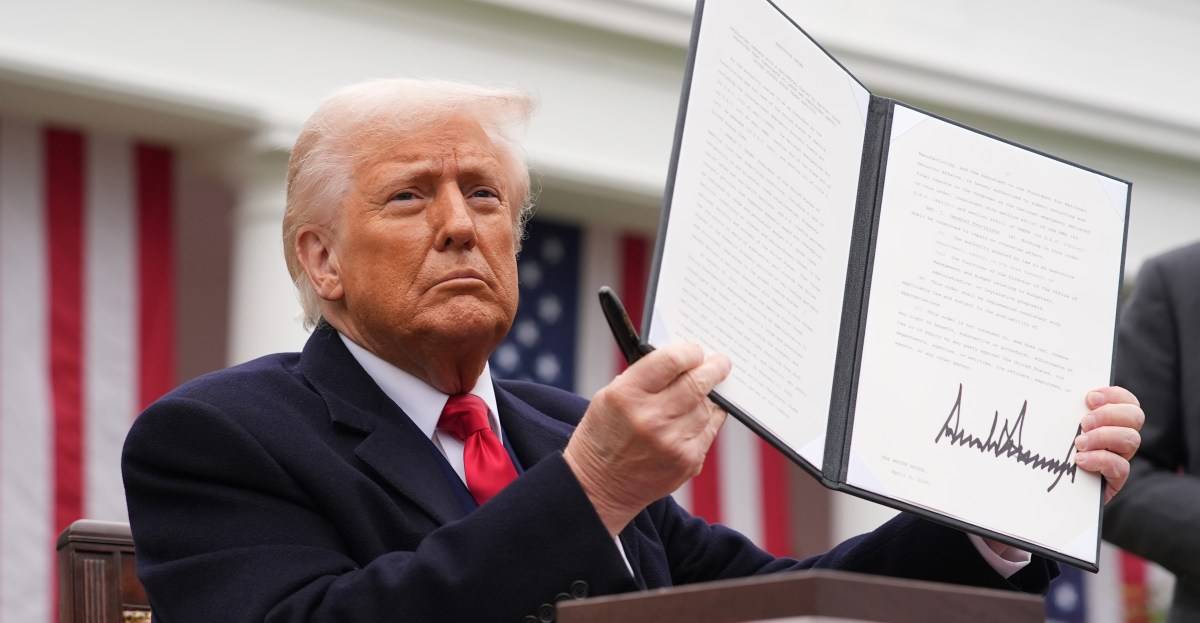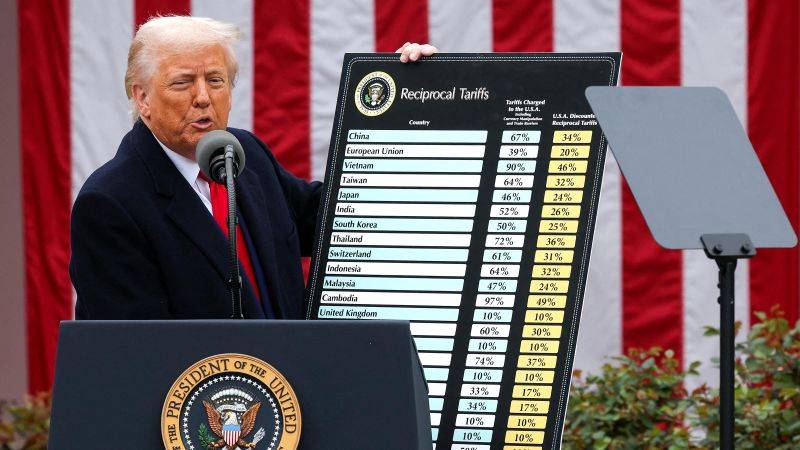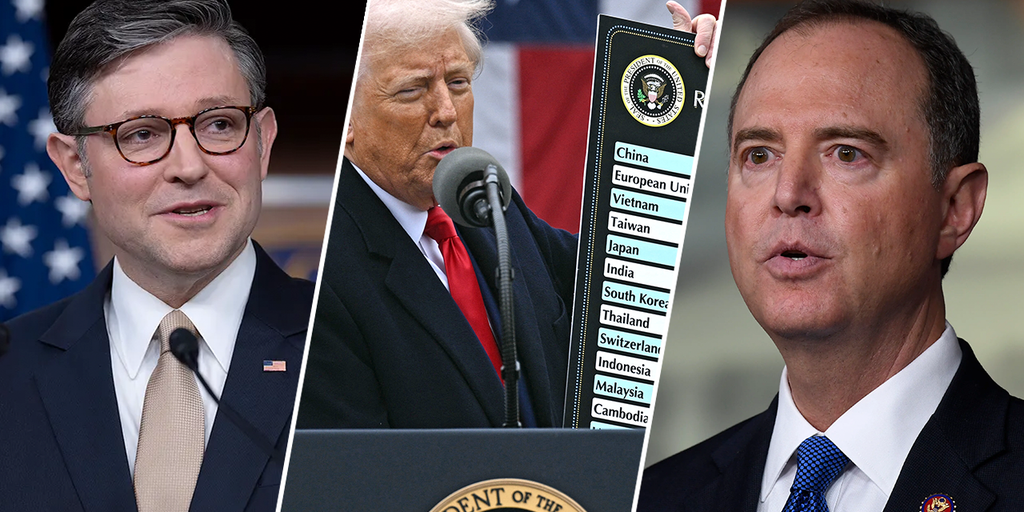Wisconsin Supreme Court Election Highlights Political Influence
The recent Wisconsin Supreme Court election has highlighted significant issues regarding political influence, particularly by billionaire Elon Musk. The election, held on April 1, 2025, resulted in Dane County Judge Susan Crawford defeating Waukesha County Judge Brad Schimel, maintaining the liberal majority on the court [1][3].
This race received extensive national attention due to its potential impact on future redistricting efforts and the involvement of notable figures like Musk, who contributed significantly to Schimel’s campaign [1][2].
Musk’s Role and Legal Controversy
Musk’s influence in the election not only included financial support but also controversial actions like handing out $1 million checks to two voters. Despite legal challenges, the Wisconsin Supreme Court refused to intervene in these activities, citing them as a matter for lower courts [2].
This decision underscores the complex legal and ethical issues surrounding political financing and voter influence.
Political Trends and Electoral Influence
The Wisconsin election is emblematic of broader trends in American politics, where billionaire donors and external endorsements play crucial roles in shaping electoral outcomes. The result also marks a continuation of the tight political divide in Wisconsin, which was evident in the recent presidential election. President Donald Trump won the state by a narrow margin, indicating a highly competitive political climate [3].
Future Implications
As the political landscape continues to evolve, questions about the role of wealth and influence in elections will remain critical. Efforts by figures like Musk to impact judicial races underscore the need for ongoing scrutiny of campaign finance laws and their enforcement.
Public concern about these issues is likely to grow as such actions become more visible and widespread in future elections.

